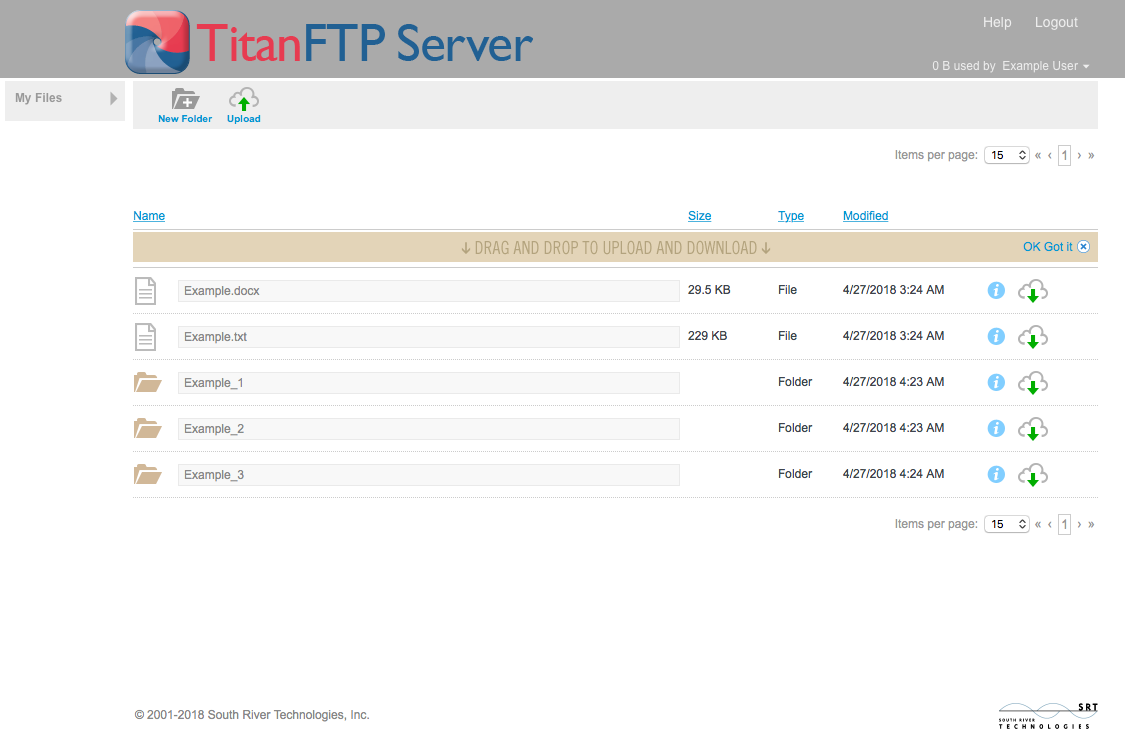 Just as you wouldn’t drill a well for only your own water, a modern business should not try to handle all its functional necessities in house. Critical utilities for businesses include email in addition to an online presence. By moving to a hosted Exchange service, you can cut costs and increase reliability by putting email in the hands of dedicated professionals.
Just as you wouldn’t drill a well for only your own water, a modern business should not try to handle all its functional necessities in house. Critical utilities for businesses include email in addition to an online presence. By moving to a hosted Exchange service, you can cut costs and increase reliability by putting email in the hands of dedicated professionals.
Capabilities
Hosted Exchange, whether obtained through Microsoft or another provider, can handle anything from email and contacts to scheduling and shared files and folders. As one of the most widely used email services in the business world, Microsoft Exchange is a trusted communication method. In hosted emails, clients are looking for security, accuracy, and ease of use. Any Exchange provider you work with should be expected to provide these requirements.
Costs
Despite the added convenience of having the system handled externally, hosted Exchange offerings are, in general, less expensive than their internally managed counterparts. Not only does the cost per month break down to provide significant savings, but the licensing costs are covered by most providers. Small businesses may see the greatest difference in price (up to 94 percent), but even those currently managing 1,000 seats can cut costs by more than half by moving from on-premise to a hosted Exchange.
Continuity
In the unfortunate event of a weather catastrophe or even a brief power surge, the IT areas of an office can come crashing to a halt. Leaving email delivery to a third party ensures that customers will be none the wiser, at least as far as their inboxes are concerned. When finding a provider, ask about its data backup systems and outage prevention; many can back up and recover your emails.
Growth
As you choose a hosted Exchange provider, you’ll want to consider future functionality: the growth of both your business and the technology in use. Instead of delegating IT hours and potential downtime for an upgrade (known as a migration in Exchange because of its ground-up changes), with a host you can have the new system changed over seamlessly by your provider. In many cases, this service is provided free of charge.
Security
These days, online security is at the top of people’s priority lists. Hosted Exchange providers aren’t funding the office overhead that a small business does, so they can set aside a large chunk of the budget for state-of-the-art security measures, including virtual tracking and monitoring, as well as a secure facility with video surveillance. It’s in their best interests to keep data and customer information safe from prying eyes, so they give that measure the greatest importance.
Few IT professionals find themselves with nothing to do. The daily tasks of server maintenance and keeping the business running smoothly take a great amount of time. By moving Microsoft Exchange to a hosting provider that can cater to your specific needs, you can cut costs and wasted time, freeing up valued employees to refine best practices and solve internal problems more quickly.










Comments